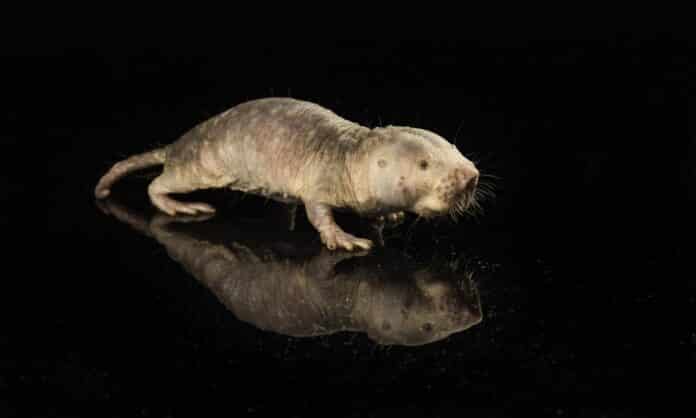A recent scientific study at The University of Rochester has uncovered an interesting finding about the lifespans of mice. Researchers have discovered that a specific gene related to longevity, found in naked mole rats, can extend the lives of mice. Naked mole rats are small mammals known for their unusually long lifespans compared to other rodents.
Naked mole rats are unique because they live long and don’t get sick quickly. The researchers were very interested in this. They took a gene from the naked mole rats that helped them repair and protect their cells better. Then, they gave this gene to mice.
The mice started to get healthier and lived around 4.4% longer. It is a big deal because it might help to understand how to make humans live longer and healthier lives. The researchers said, “This shows we can learn from animals like naked mole rats to help people live longer.”
Naked mole rats are tiny animals that live much longer than animals their size usually do. They can live up to 41 years, almost ten times longer than other small animals. Unlike many other animals, these rats don’t often get sick as they get older.
Researchers called Gorbunova and Seluanov have been studying these rats for a long time. They want to know how these rats stay healthy and avoid getting sick. They found that a substance called HMW-HA helps these rats fight off cancer. These rats have much more of this substance than mice or humans. When they removed HMW-HA from the rat’s cells, the cells were more likely to become cancerous. The scientists wanted to know if this substance could help other animals be healthier.
Researchers changed a mouse’s genes to resemble the naked mole rats. These rats have a unique gene that helps make something called HMW-HA. It helps protect them from getting sick, especially cancer.
The researchers made the mouse gene work like the naked mole rat gene. The mice became better at fighting tumors and cancer when they did this. They also got healthier and lived longer. As the mice got older, they didn’t have as much swelling in their bodies, which usually happens when we get older. They also had healthier guts.
Even though they are unsure why HMW-HA is so good for health, Researchers think it helps control the immune system, keeping us healthy.
Researchers worked on this for ten years and found that HMW-HA makes mice healthier, too. Now, they want to try this on humans. They have two ideas. One is to stop HMW-HA from getting worse in our bodies. The other is to make our bodies produce more of it.
Seluanov said, “We already have identified molecules that slow down hyaluronan degradation and are testing them in pre-clinical trials. We hope our findings will provide the first, but not the last, example of how longevity adaptations from a long-lived species can benefit human longevity and health.”
Researchers are testing things that might work in the lab, and they hope this could be a new way to help humans live longer and be healthier.
Journal Reference:
- Zhang, Z., Tian, X., Lu, J.Y. et al. Increased hyaluronan by naked mole-rat Has2 improves healthspan in mice. Nature. DOI: 10.1038/s41586-023-06463-0.
